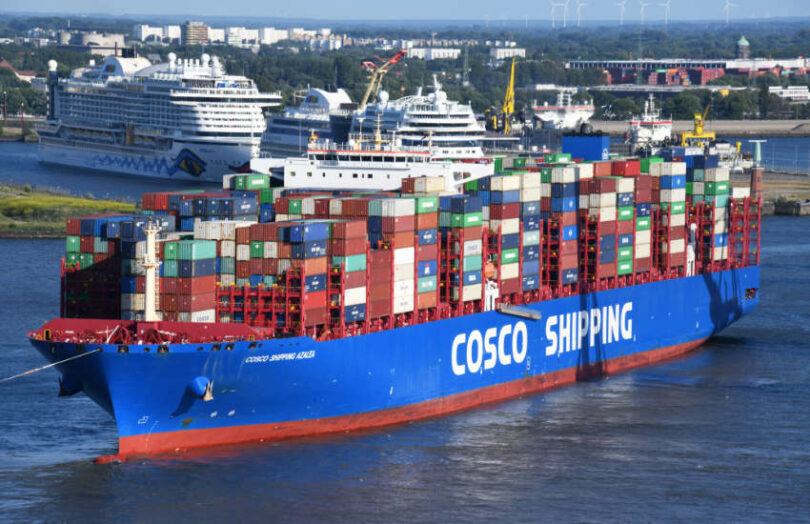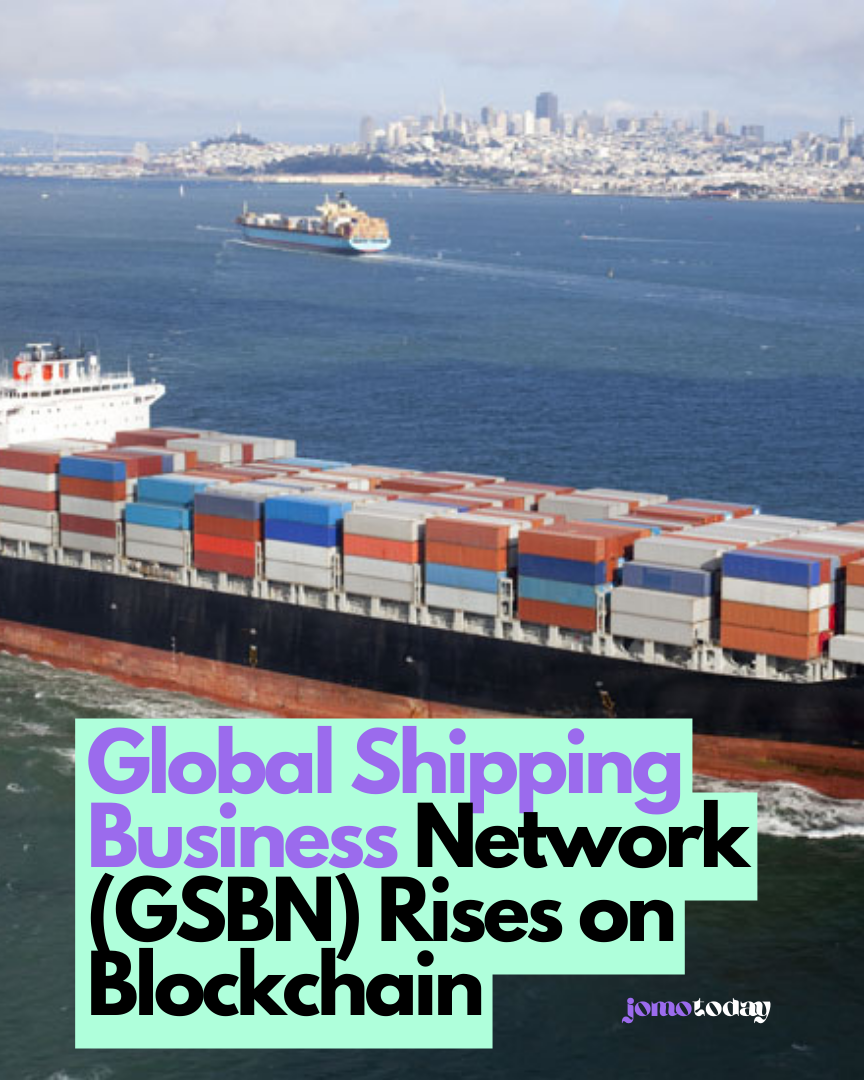Blockchain technology got off to a rough start in the logistics industry when Danish logistics company Maersk cut its blockchain-based supply chain platform last year. However, Hong Kong-based Global Shipping Business Network (GSBN) has not yet launched its blockchain application to the global market. In fact, the nonprofit sees blockchain as an important long-term logistics tool.
According to the South China Morning Post, GSBN currently operates one of the largest platforms in the world and is an alternative to Maersk’s TradeLens equipment. The platform is based on permissioned blockchain with strong data management, which only allows parties to contribute and use the data transferred.

Since the launch of its blockchain-based shipping platform in 2021, GSBN has already connected with major shipping partners like Cosco, Orient Overseas Container Line and Hapag-Lloyd. In addition, the organization has collaborated with port operators such as Hutchison Port, SPG Qingdao Port, PSA International, Shanghai Port Group and COSCO Shipping Ports. Among the members, only Hapag-Lloyd of Germany and PSA International of Singapore are not based in mainland China or Hong Kong.
While major shipping companies like Maersk have failed similar projects in the past, GSBN CEO Bertrand Chen believes blockchain technology is not popular yet and adoption will be ten years old. However, with the world’s largest shipping company on board, the logistics potential of blockchain looks promising.
The application of blockchain technology in the logistics industry has been discussed for many years. It is seen as a tool that can increase transparency and efficiency and reduce fraud and error. However, blockchain adoption has been slow due to concerns over security, scalability, and interoperability.
GSBN’s permissioned blockchain platform addresses some of these issues. It reduces the risk of data breaches by allowing only two parties to access the data with its powerful data management. In addition, the platform aims to increase efficiency and reduce delivery times and costs by bringing together important suppliers and terminal operators.
While Maersk’s failed blockchain platform has dampened interest in blockchain in shipping, GSBN’s platform shows that the industry still has blockchain potential. As the platform grows in popularity and more companies adopt blockchain technology, the logistics industry will shift to more transparent and efficient supply chain management.
Read More: OTC Weekly Market Outlook (04/05/2022): Fear of Global Recession Rising






Leave a Comment